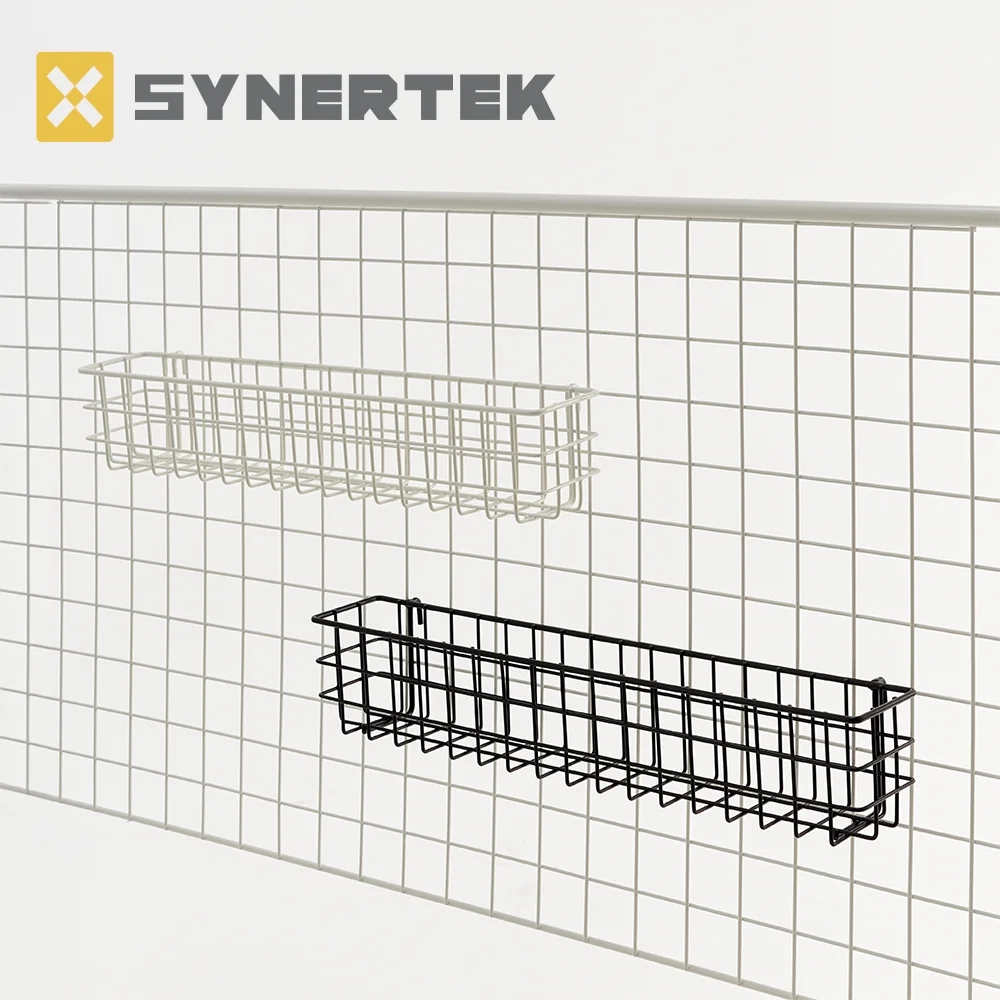Achieving Optimal Performance: Unveiling the Best Mix for Waterproof Concrete
2 min readWaterproof concrete is a crucial material in construction, providing durability and protection against water damage. However, achieving the best mix for waterproof concrete requires a careful balance of various components. In this article, we will explore the key ingredients and their proportions, as well as additional considerations to ensure the highest quality and effectiveness of waterproof concrete.
- Cementitious Materials:
The foundation of any concrete mix is cement, which binds the mixture together. For waterproof concrete, it is essential to use a high-quality cement with low permeability. Portland cement, particularly Type II or Type V, is commonly recommended due to its reduced water content and enhanced resistance to chemical attacks. - Aggregates:
Aggregates, such as sand and gravel, provide strength and stability to concrete. When selecting aggregates for waterproof concrete, it is crucial to choose clean, well-graded materials. The particle size distribution should be optimized to minimize voids and ensure a dense mixture, reducing the potential for water penetration. - Admixtures:
Incorporating chemical admixtures can significantly enhance the waterproofing properties of concrete. Two key types of admixtures are commonly used: a. Water-reducing admixtures: These additives improve workability and reduce the water-cement ratio, resulting in a denser and more impermeable concrete. Examples include plasticizers and superplasticizers. b. Waterproofing admixtures: These specialized admixtures create a hydrophobic barrier within the concrete, reducing water absorption. They can be either pore-blocking or crystalline-forming admixtures, effectively preventing water penetration. - Supplementary Cementitious Materials (SCMs):
SCMs, such as fly ash or silica fume, can be added to the concrete mix to enhance its waterproofing capabilities. These materials react with calcium hydroxide, a byproduct of cement hydration, to form additional cementitious compounds. This reaction reduces the pore size and enhances the overall impermeability of the concrete. - Water-to-Cement Ratio:
The water-to-cement ratio plays a crucial role in the performance of waterproof concrete. A lower ratio, typically below 0.45, ensures a more compact and less permeable mixture. However, it is essential to maintain workability while reducing the water content, which can be achieved through the use of water-reducing admixtures. - Curing and Sealing:
Proper curing and sealing techniques are vital to maximize the waterproofing potential of concrete. Adequate curing allows the concrete to develop its full strength and durability, while sealing the surface with a waterproofing compound provides an additional layer of protection against water intrusion.
Conclusion:
Achieving the best mix for waterproof concrete requires a comprehensive understanding of the materials and their interactions. By carefully selecting cementitious materials, aggregates, admixtures, and supplementary cementitious materials, while optimizing the water-to-cement ratio, one can create a highly impermeable and durable concrete mixture. Additionally, proper curing and sealing techniques further enhance the waterproofing capabilities. By implementing these considerations, construction professionals can ensure the long-term performance and integrity of structures exposed to water.


